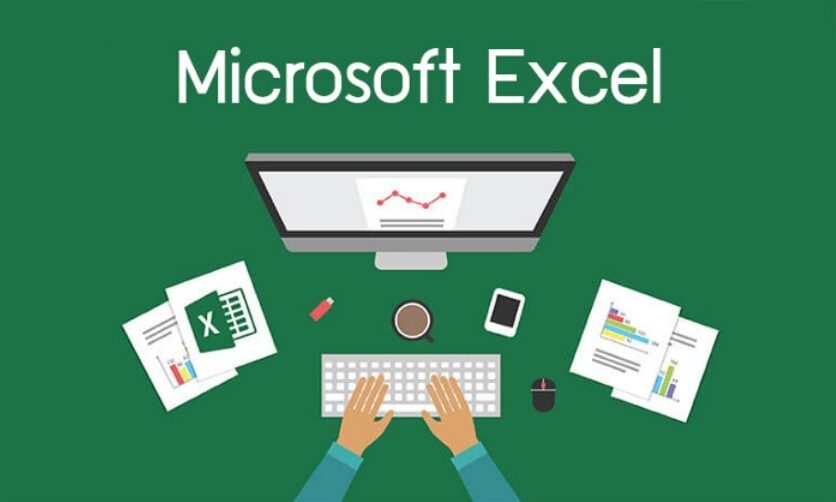Joining the accounting field? Make building your Microsoft Excel skills a top priority from day one. Excel mastery is an indispensable foundation for accountants in any role today. This article explores why developing Excel proficiency through Microsoft Excel training from premium institutes like Priority Management Australia early accelerates your career growth as a financial professional.
Excel is the tool of choice in the workplace for compiling financial data, calculating it, analyzing it and presenting it. Examine the key reasons why deep Excel knowledge is a requirement for new accounting professionals.
Organizing Financial Information
Excel allows accountants to neatly format financial data into tabular forms that are easily updated and adapted as new figures arrive. The information can be formatted to provide concise quarterly, annual or monthly reporting. Excel allows accountants to logically organize financial data for decision-making.
Analyzing trends in the data
Excel’s formulas, charts and functions allow accountants to analyze trends and fluctuations in revenue, cost, profit, cash flow, and other metrics. Budget forecasting is aided by spotting fluctuations, spikes and dips.
Modelling Financial Scenarios
Excel’s modelling tools help accountants predict the impact of various business scenarios using adjustable assumptions, estimations and variables. Accountants can simulate the best, worst and most likely scenarios prior to actual implementation.
Automating repetitive processes
Excel macros, scripts, and formulas allow accountants to automate repetitive tasks like financial reconciliation, monthly reporting and invoicing. Automating manual tasks frees up time.
Ensure Accuracy
Human error is inevitable when using manual calculations or paper-based accounting. Excel formulas reduce errors that can lead to inaccurate reporting. Excel can catch errors that accountants may miss in order to ensure compliance.
Enhancing Financial Reporting
Excel dashboards, graphs, and visualizations that are interactive help accountants communicate their insights effectively to non-finance management. Excel elevates drab financial reporting into impactful stories.
Real-Time Collaboration
Excel files shared on the cloud enable accountants to work together in real-time on reports and compile data from anywhere. Spreadsheet security controls allow selective access.
Building Credibility
Excel wizardry demonstrates to employers valuable technical skills and financial modelling know-how. Standing out increases credibility and opens doors. Excel excellence can be a differentiator for a long time.
Creating Efficiencies
Excel skills help new accountants complete tasks quicker. Excel can be used to create efficiency by integrating other systems, pivoting data and linking sheets, for example. Bottlenecks are created by Excel illiteracy and slowness.
Uncovering Insights
Excel is a powerful tool for new accountants. They can do deeper dives into data to uncover trends and risks that managers should be aware of. Excel’s number crunching capability allows for insight discovery.
Contributing Strategically
Accounting professionals can use financial modeling to forecast performance variables, and perform what-if analyses in order to make strategic decisions. Excel transforms accountants into strategists.
Mastering Fundamentals
Excel 101 knowledge is assumed – new accountants will be hindered if they don’t have the basic skills. Excel 101 is assumed. Lack of basic skills will hinder new accountants.
Adapting to Change
New standards of compliance and regulation are constantly being introduced. Excel skills allow accountants to easily adapt reporting requirements. Manual systems are rigid.
Value Creation
Excel skills enable accountants to provide greater value in the form of information to businesses. They do this by providing insightful analyses, not just simple statements. Excel skills unlock accountants’ potential value add.
Bottlenecks: How to avoid them
Excel inefficiency causes bottlenecks to the financial close process. Excel and financial modelling skills are essential for new accountants to prevent this.
Streamlining Teamwork
Excel Power Users can collaborate in real time on interconnected spreadsheets. Encourage Excel skills to be improved across your entire team.
Conclusion
Today, Excel mastery provides an edge to accounting professionals of all levels. From the first day of your new accounting position, you should make it a priority to master Excel. The payoff in the long run will be priceless.
